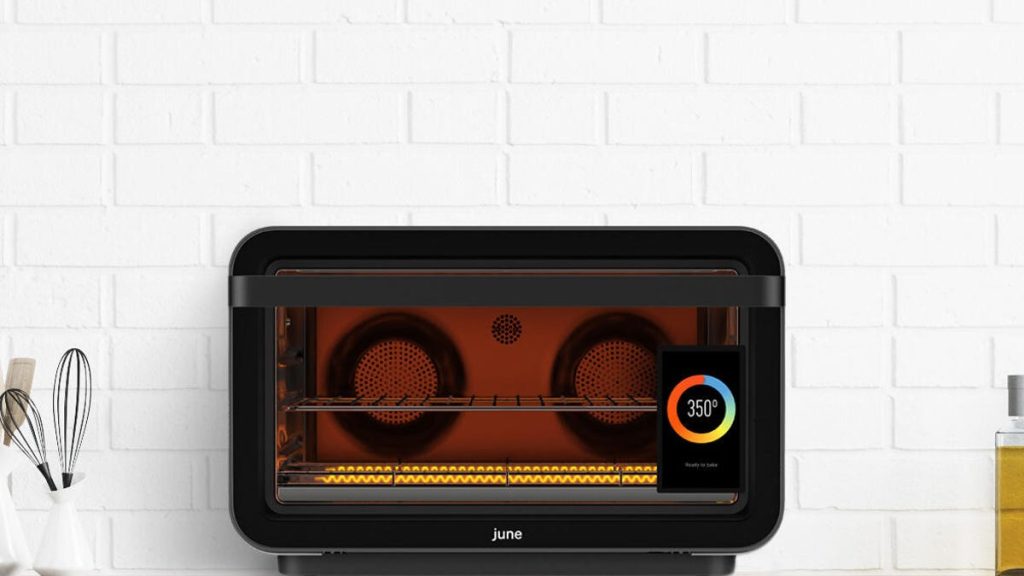At technology consumer shows like CES, the focus is on energy, with some booths generating excitement while others fall flat. Smart ovens, once a popular item at the convention, were prevalent in 2024 but lacked the same level of enthusiasm. The oversaturation of smart kitchen products, which have been around for years, may be a reason for this decline in interest. With a growing number of intelligent updates on traditional cooking appliances, the market for smart kitchens is predicted to reach $76 billion by 2033, although it currently only represents 2% of the category’s total global valuation of $721 billion.
The definition of a smart kitchen is murky, but typically refers to devices that are either Wi-Fi enabled or AI-powered, and often both. Connected kitchen appliances allow users to control, monitor, and receive notifications on their devices. Some smart kitchen tech focuses on core functionality, such as recognizing food elements and adjusting behavior for better results. Examples include blenders and food processors with sensors that adjust speed based on ingredient consistency, as well as smart refrigerators with cameras that identify contents and suggest recipes.
While there are many smart kitchen products available, the high prices of AI-powered and connected devices raise questions about consumer interest and adoption. The smart oven market, in particular, has seen mixed success, with products like the Brava oven costing $1,300 and receiving limited customer reviews. Other smart ovens, such as Tovala and Suvie, offer similar features at lower prices, but have also faced challenges in gaining widespread acceptance. The June Intelligent Oven, despite its innovative technology, struggled to connect with consumers and was eventually discontinued.
Some consumers find that overly smart kitchen appliances can hinder the enjoyment of cooking and learning basic skills. While some smart kitchen tools have proven to be useful additions to daily life, others may overcomplicate simple tasks or detract from the joy of cooking. Products like smart coffee makers, refrigerators, and composters offer practical features that enhance convenience without overshadowing the cooking process. Moderately smart appliances, like the Breville Joule oven, strike a balance between functionality and added benefits, providing value without overwhelming users with unnecessary tech.
Overall, the smart kitchen tech industry is still exploring its potential, with both successes and failures in the market. While there are innovative products with useful features, some offerings may miss the mark by trying to do too much for consumers who prefer a more hands-on approach to cooking. As the industry continues to evolve, there is a need for products that enhance the cooking experience without overshadowing the fundamental joys of preparing meals from scratch. By striking a balance between innovation and practicality, smart kitchen brands can better cater to the needs and preferences of consumers.


